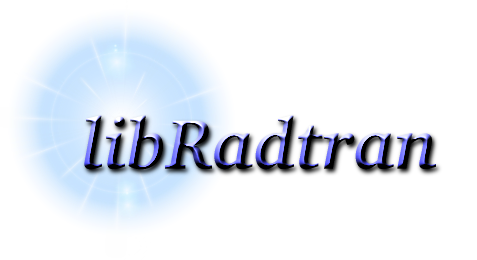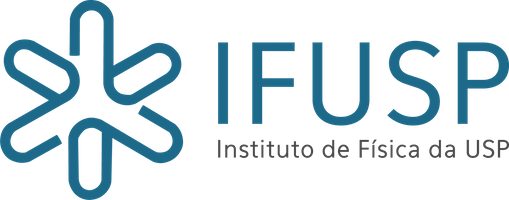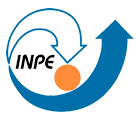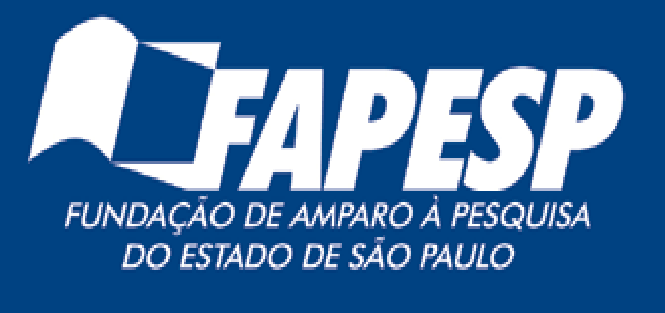2018 Summer Course
Course on Applications of LibRadtran for Studying Interactions of Radiation with Aerosols and Clouds
Universidade de São Paulo & Norwegian Institute for Air Research
5 - 14 November 2018



Scope:
Radiation transfer in the atmosphere is fundamental to understand atmospheric physics processes. It is the energy source for winds and convection, biosphere- atmosphere interactions and is at the heart of climate stability as well as climate change. Aerosol physics is also strongly connected to radiation by photochemistry processes. Clouds interact with radiation both in shortwave and longwave spectra in such a complex way that is not fully understood. The modeling of all these interactions is crucial to advance the understanding of physical processes in the atmosphere, and LibRadtran is a state-of-the-art tool to numerically model these effects in a myriad of situations. This course will give students training on such numerical simulations at a level required for scientific research.
The course main Lecturer is Professor Arve Kylling, from the Norwegin Institute for Air Research, and one of the main developers of Libradtran. The course aims to promote the interaction between Dr. Kylling and students interested in radiative transfer in the atmosphere that already use, or plan to use, LibRadtran as a modeling tool. It is expected that students will strongly interact with Dr. Kylling and learn how to use the model to tackle important scientific questions, such as scattering by non-spherical particle and tridimensional effects. For that, the course will include theory, practice and personal tutoring sessions.
The course includes:
- Modeling absorption and scattering of solar radiation in the atmosphere;
- Modeling thermal infrared radiation transfer in the atmosphere;
- Modeling light scattering by atmospheric particulates;
- Modeling radiation transfer in 3D;
Requirements:
- Lectures will be conducted in English. Applicants therefore must be proficient or have a sound understanding of the English language in order to understand, communicate, and participate actively in the school activities.
- Background on electromagnetism and/or radiative transfer in the atmosphere is needed. Prior contact with LibRadtran is advantageous, but not required.
- Each participant should have a laptop with linux, with C and Fortran compilers. For those who do not have that, access to a local computer will be provided on site.
- Data analysis software to process LibRadtran output is free of choice, but should be able to read in ASCII files (Matlab, R, Gnuplot, Python, Excel, etc.).
Applications:
Deadline for applications is 28th October
Deadline for LATE applications is 2nd November
For applying, please fill the form below and send by email to hmjbarbosa+libradtran@gmail.com with subject: LibRadtran2018. Selected applicants will be notified by email, and will be posted on this webpage. Up to 27 students will be selected to attend the course.
Please note that there is no registration fee, but also that there is no financial support. However, we will help coordinating hotel reservations in double or triple rooms, for lowering the costs for those coming from different cities.
Download registration form, word format
Download registration form, pdf format
If you require an invitation letter to request funds from your institution, please let us know by writing to the same email address informed above.
Venue:
Institute of Physics & Institute for Astronomy, Geophysics and Atmospheric Sciences
University of Sao Paulo, Brazil
São Paulo – SP
The course will take place in computer labs from both institutes. More details later. To get there, see these instructions:
Maps: http://www.usp.br/mapas/mapas/pdf/cidadeuniversitaria.pdf (IAG is #22 and Physics is #27)
Hotel tips: Download Hotel Tips PDF
Work plan:
Lectures (L1-L9) and Practical exercises (M1-M9)
For details of the agenda, please download this PDF file.
- L1 - History and Basic usage
- L2 - Water clouds, ice water clouds
- L3 - Aerosols, simple and in full detail
- L4 - Surface properties, albedo, BRDF
- L5 - Monte Carlo, how, pros and cons
- L6 - 3D RT, examples with topology, IR cameras, clouds
- L7 - Applications: simulation of ground and satellite-based sensors (solar and thermal)
- L8 - Applications: Radiative forcing, look up tables for retrievals
Presentations (P1-P5)
- P1: Prof. Alexandre L. Correia (IF/USP) - Amazon cloud microphysics from geostationary satellite observations
- P2: Prof. Theotonio M. Pauliquevis (UNIFESP) - Measuring cloud properties with allsky IR cameras
- P3: Profa. Elisa T. Sena (UNIFESP) - Radiative effects of biomass burning aerosols, deforestation and clouds in the Brazilian Amazonia
- P4: Profa. Marcia A. Yamasoe (IAG/USP) - Aerosol and cloud interactions with downward solar radiation at the surface in São Paulo
- P5: Dra. Simone Costa (CPTEC/INPE) - Estimating solar and terrestrial radiation components using satellite data
Tutoring sessions (T1-T12)
- T1 to T12: Discussion about your research with Dr. Kylling. Personally assigned slots based on your registration.
Students
- Last afternoon: Students presentations and evaluation of their modeling projects.
- Playing with MYSTIC 3D simulations - Jeová Junior, Jorge Rosas e Josielli Simoes
- Attach:Optical properties based on Mie code - Alex Sandro, Fernando Morais, Francisco Mariano, Marco Franco Δ
visit-if: At IF-USP, office for visiting professors, Ed. Basilio Jafet, Room 100
comp-if: At IF-USP, computer room. At the main entrance facing the library, its the first room on the right.
lec-if: At IF-USP, lecture room. We will use "Auditorio Novo 2"
visit-iag: At IAG-USP, office for visiting professors, Main building, Room 323
comp-iag: At IAG-USP, computer room. Room F108 at the Geophysics building.
lec-iag: At IAG-USP, lecture room. We will use "Auditorio 2"
Software
- WinSCP-5.13.1-Portable.zip
- PuTTYPortable_0.70_English.paf.exe
- acesso_floresta.pdf|Tutorial de acesso ao servidor floresta
- http://libradtran.org
- http://www.libradtran.org/doc/libradtran.pdf
Organization:






Support:



